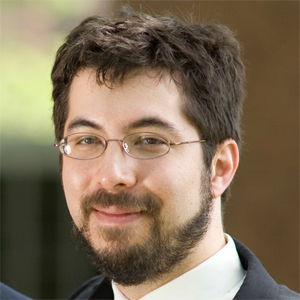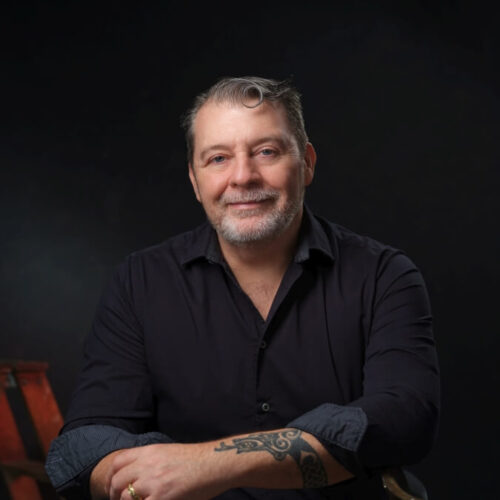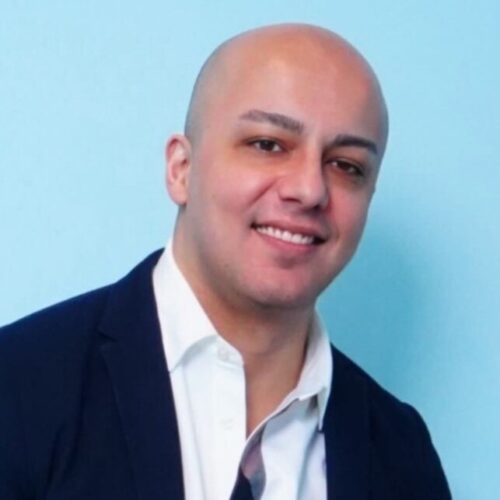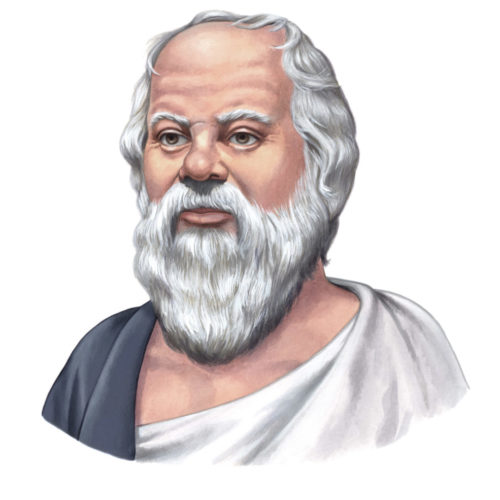Ed Boyden: Let’s Bring Engineers into Studying the Brain
Socrates / Podcasts
Posted on: May 6, 2014 / Last Modified: May 10, 2022
Podcast: Play in new window | Download | Embed
Subscribe: RSS
 I met Prof. Ed Boyden at last year’s Global Future 2045 conference in New York. There I was highly impressed with Boyden’s impressive work in neuroscience in general and optogenetics in particular, as well as the profound implications it would have on our ability to understand and manipulate the brain. And so I knew instantly I must bring him for an interview.
I met Prof. Ed Boyden at last year’s Global Future 2045 conference in New York. There I was highly impressed with Boyden’s impressive work in neuroscience in general and optogenetics in particular, as well as the profound implications it would have on our ability to understand and manipulate the brain. And so I knew instantly I must bring him for an interview.
During our 1 hour conversation with Ed we cover a variety of topics such as his interesting career path from chemistry to physics to electrical engineering and into neuroscience; the loop of understanding and why the brain is where we need to go; the importance of philosophy; optogenetics and whether the brain is a classical computer or not; the Penrose-Hameroff theory of consciousness; the Human Brain Project; Randal Koene’s Whole Brain Emulation project; the definition and importance of consciousness; neuro-plasticity and Norman Doidge’s The Brain That Changes Itself; free will and mind-uploading…
As always you can listen to or download the audio file above or scroll down and watch the video interview in full. To show your support you can write a review on iTunes, make a direct donation, or become a patron on Patreon.
Who is Ed Boyden?
Ed Boyden is an Associate Professor of Biological Engineering and Brain and Cognitive Sciences, at the MIT Media Lab and the MIT McGovern Institute. He leads the Synthetic Neurobiology Group, which develops tools for analyzing and engineering the circuits of the brain. These technologies, created often in interdisciplinary collaborations, include ‘optogenetic’ tools, which enable the activation and silencing of neural circuit elements with light, 3-D microfabricated neural interfaces that enable control and readout of neural activity, and robotic methods for automatically recording intracellular neural activity and performing single-cell analyses in the living brain. He has launched an award-winning series of classes at MIT that teach principles of neuroengineering, starting with basic principles of how to control and observe neural functions, and culminating with strategies for launching companies in the nascent neurotechnology space. He also co-directs the MIT Center for Neurobiological Engineering, which aims to develop new tools to accelerate neuroscience progress.
Amongst other recognitions, he has received the Jacob Heskel Gabbay Award (2013), the Grete Lundbeck European “Brain” Prize, the largest brain research prize in the world (2013), the Perl/UNC Neuroscience Prize (2011), the A F Harvey Prize (2011), and the Society for Neuroscience Research Award for Innovation in Neuroscience (RAIN) Prize (2007). He has also received the NIH Director’s Pioneer Award (2013), the NIH Director’s Transformative Research Award (twice, 2012 and 2013), and the NIH Director’s New Innovator Award (2007), as well as the New York Stem Cell Foundation-Robertson Investigator Award (2011) and the Paul Allen Distinguished Investigator Award in Neuroscience (2010). He was also named to the World Economic Forum Young Scientist list (2013), the Wired Smart List “50 People Who Will Change the World” (2012), the Technology Review World’s “Top 35 Innovators under Age 35” list (2006), and his work was included in Nature Methods “Method of the Year” in 2010.
His group has hosted hundreds of visitors to learn how to use neurotechnologies, and he also regularly teaches summer courses and workshops in neuroscience, as well as delivering lectures to the broader public at TED and at the World Economic Forum. Ed received his Ph.D. in neurosciences from Stanford University as a Hertz Fellow, where he discovered that the molecular mechanisms used to store a memory are determined by the content to be learned. Before that, he received three degrees in electrical engineering, computer science, and physics from MIT. He has contributed to over 300 peer-reviewed papers, current or pending patents, and articles, and has given over 240 invited talks on his group’s work.
Ed Boyden: A light switch for neurons
Ed Boyden shows how, by inserting genes for light-sensitive proteins into brain cells, he can selectively activate or de-activate specific neurons with fiber-optic implants. With this unprecedented level of control, he’s managed to cure mice of analogs of PTSD and certain forms of blindness. On the horizon: neural prosthetics. Session host Juan Enriquez leads a brief post-talk Q&A.








